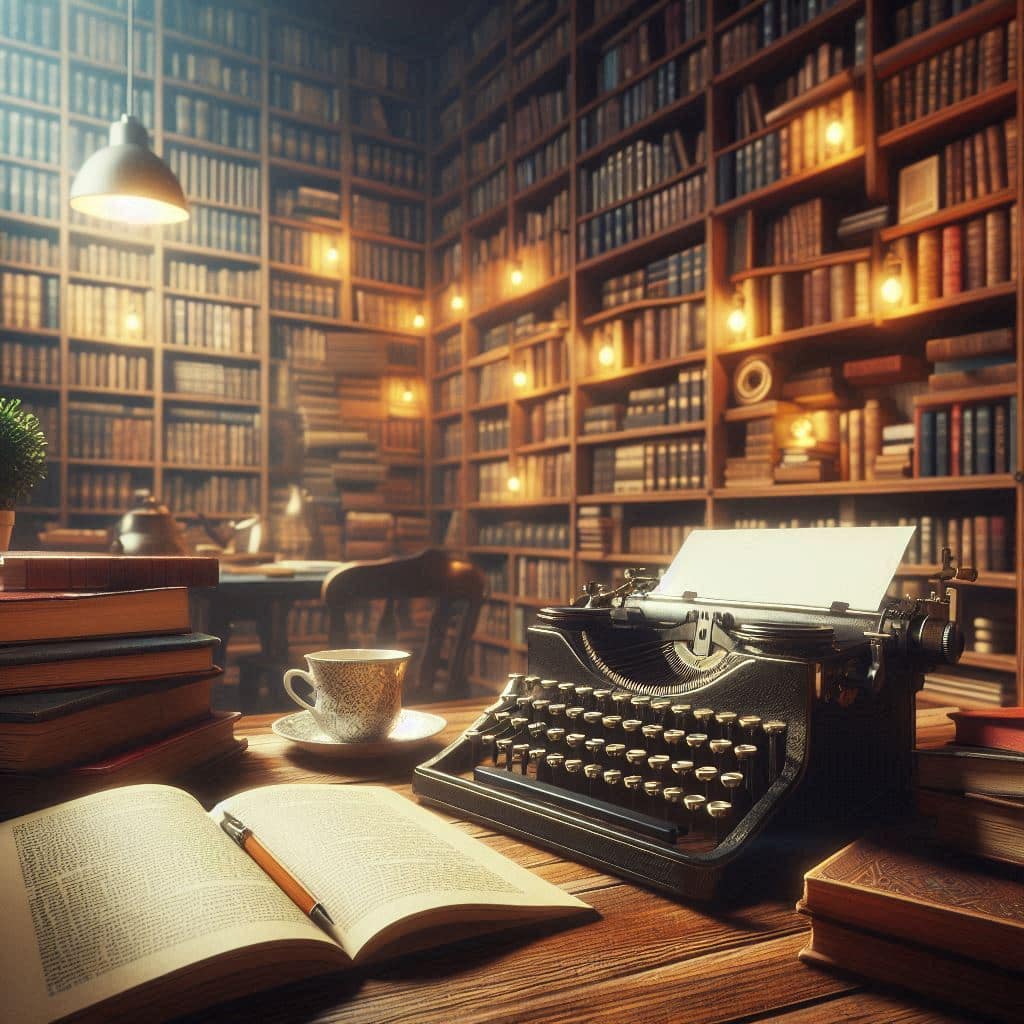— But AI Is Coming for Them Too”
As AI floods the internet, even our bookshelves aren’t safe.

As artificial intelligence spreads across the digital landscape, even the humble bookshelf isn’t safe. What was once a space for human insight and intellectual refuge is now at risk of being overrun — not by bad writers or disinformation alone, but by machines mimicking our thoughts, words, and authority.
Let me take you back to a seemingly harmless, funny little story.
A toaster.
And a man who never existed.
The Alan MacMasters Hoax — A Decade of Fiction Masquerading as Fact
In 2012, a group of British students, bored during a lecture, edited Wikipedia to invent a man named Alan MacMasters, the “creator” of the electric toaster. They gave him a fake biography, a Photoshopped black-and-white photo, and a backstory no real historian had ever heard of.
Shockingly, it stuck.
For over a decade, MacMasters was taught in schools, celebrated in a Scottish classroom with a dedicated “MacMasters Day,” and cited in articles by reputable publications. All from a few carefully written sentences and an AI-level hoax that nobody bothered to fact-check for years.
It wasn’t until a Reddit user in 2021 questioned the oddity of the photo that the truth began to unravel — the entire thing had been a joke. And yet, this joke had shaped the public’s understanding of a common household invention for over 10 years.
What Happens When AI Starts Playing the Same Game — at Scale?
If a group of students could change history for fun, what happens when AI — trained to sound authoritative — begins generating “facts” by the millions?
Today, AI-generated content is flooding the web. Articles, product reviews, biographies, and even medical advice are now often created by machines optimized not for accuracy, but for engagement. These outputs aren’t always false — but they feel real enough that the average reader doesn’t think to question them.
This isn’t the future. It’s happening now.
Books Were Supposed to Be Safe — But They’re Not Anymore
Books have long been our cultural safety net — spaces where thought was measured, ideas were refined, and facts were carefully vetted. But now, even that world is shifting. AI-generated books have quietly started to fill online marketplaces. On Amazon, dozens of titles are now written by machines — from self-help guides to children’s stories to alleged nonfiction.
These books are often surface-level, soulless, or worse — plagiarized and incorrect. They mimic form, not substance. And as AI continues to improve, it’s not hard to imagine a future where AI-generated academic works, historical “biographies,” or even political manifestos circulate freely without rigorous human review.
Why This Matters More Than You Think
Books are slow. That’s their power. They demand focus, attention, and reflection — all things that the internet and AI-driven content increasingly discourage. But if we let AI flood our bookshelves with noise disguised as knowledge, we risk eroding the last medium that still values thought over speed, context over virality.
We must protect this space.
Because when even books become unreliable, where will we turn for truth?
The Real Lesson Behind the Toaster Hoax
The story of Alan MacMasters is hilarious in retrospect — but it’s also a crystal-clear warning. If one fake Wikipedia edit could mislead the world for 10 years, imagine what AI can do with real-time scale, precision, and authority mimicry.
AI isn’t just a tool for automation. It’s a tool for rewriting reality — subtly, invisibly, and sometimes irreversibly.
And unless we fight for human-authored truth, even our libraries won’t be safe.



